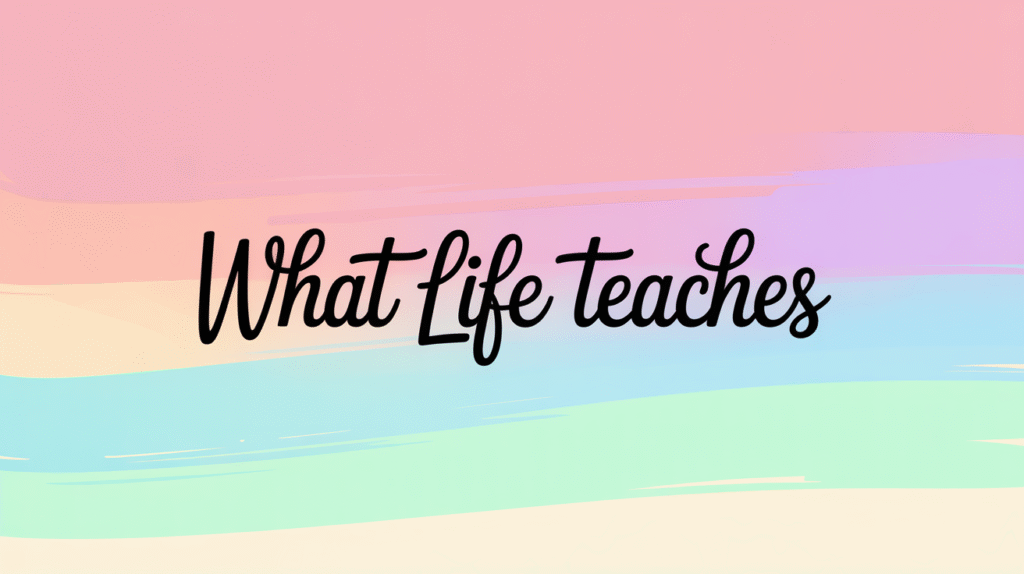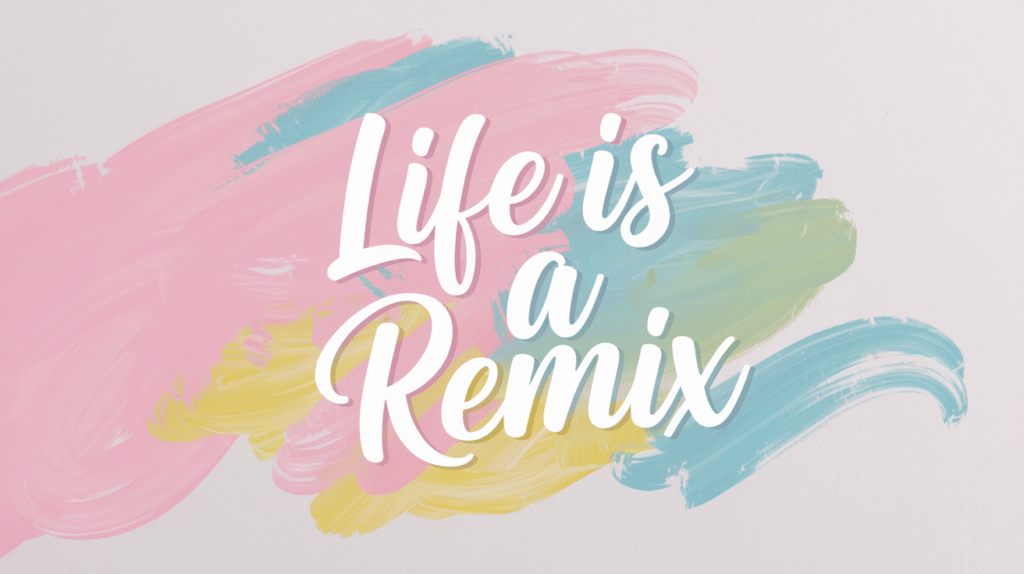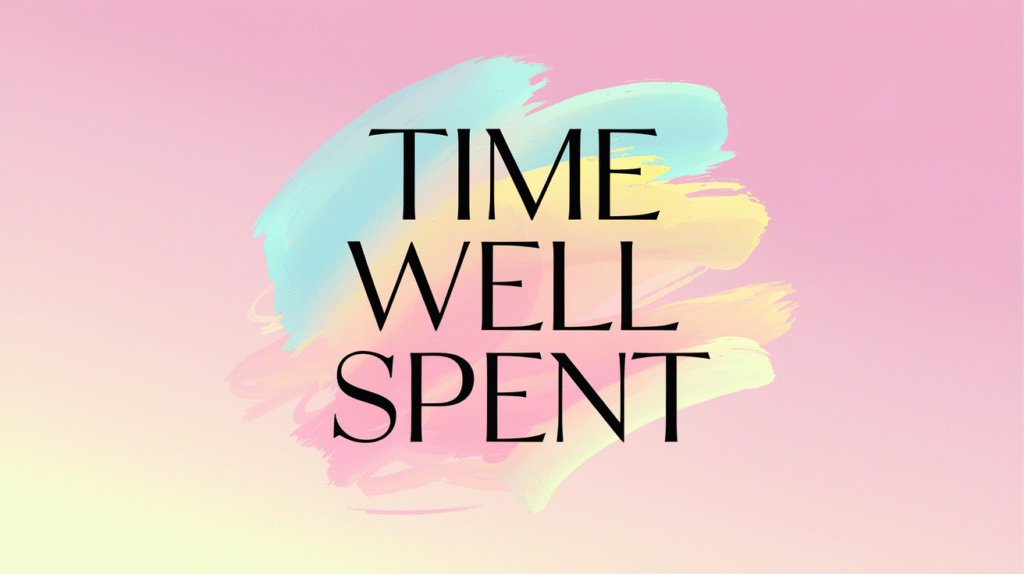
Setting the Stage
Life teaches us in ways that no textbook ever could. Each experience, whether uplifting or heartbreaking, becomes part of our personal soundtrack. From learning the depths of love to understanding the frailty of trust, life’s hardest lessons often come with the most lasting impact. Like the highs and lows of a powerful live performance, these moments strike chords within us that shape how we see the world—and ourselves.
The real wisdom in these lessons comes not just from enduring them, but from integrating them. Like a seasoned musician refining their craft with each show, we grow through every setback, every revelation, and every relationship. When we pay attention, these lessons don’t just guide us—they empower us to live more authentically and compassionately.
Lessons in Love and Connection
You can’t force someone to love you, no matter how much heart you pour into the song. Love must be mutual, freely given, and felt deep within. Trying to win someone’s affection through effort alone often leads to heartache. Like two musicians trying to harmonize in different keys, the result may be dissonance rather than unity. Caring for someone deeply doesn’t guarantee that care will be returned in equal measure. This realization, though painful, teaches us about acceptance, boundaries, and self-worth. We can offer love, but we must never beg for it. Loving wisely means knowing when to keep playing and when to let the music fade out.
Trust and Attitude Matter
Trust takes years to build and moments to break. It’s the delicate rhythm that holds a band together, the understanding that each member plays with integrity. A single lie or betrayal can ruin a connection that took a lifetime to create. Repairing that trust isn’t impossible, but it takes time, effort, and consistency—like rebuilding a melody after a jarring wrong note. Charm might be flashy at first, but it can’t sustain a performance. Depth, honesty, and knowledge are what carry the music when the spotlight dims. Likewise, your attitude becomes the tempo of your life. If you don’t control it, it controls everything else—how you think, how you respond, and how others receive you.
The Nature of Passion and Respect
Passion is beautiful but fleeting. In the beginning, it’s a roaring anthem full of energy and emotion. But as time passes, that flame can wane, revealing whether there’s something stronger beneath the surface. Real relationships are sustained by more than excitement—they need respect, understanding, and loyalty. Without those deeper foundations, the thrill eventually fades. But with them, something even more powerful emerges: stability. Like a classic song that gets better the more you hear it, long-lasting relationships evolve into something richer and more profound. They may not always be loud, but they endure.
Support and Surprises
Often, the ones you expect to fail you will be the ones who lift you up. Life has a way of flipping the script, surprising us with unexpected kindness from places we never thought to look. It reminds us that judgment is often premature—and people are capable of more than we imagine. Anger is valid. It’s the raw distortion in a metal ballad that demands to be heard. But anger should never become the whole song. When expressed constructively, it clears the static, resets the balance, and leaves room for healing. Feeling anger doesn’t make you weak—it makes you human.
Distance and Real Love
True friendship doesn’t fade with distance. Like a well-written song, it plays in your heart long after the band has packed up. Whether it’s days, months, or years apart, real friends pick up right where they left off. Time and space can’t break a bond built on authenticity and shared soul. Love, too, may not always look the way we want, but that doesn’t mean it’s absent. People love in different ways, and sometimes, they give all they can—even if it doesn’t match what you hoped for. Understanding this helps us meet others with compassion rather than expectation.
Maturity and Forgiveness
Maturity isn’t measured in years—it’s earned through lived experience. What shapes you is not how old you are, but how you’ve chosen to grow through pain, loss, joy, and success. Each challenge you overcome becomes part of your emotional setlist, preparing you for what’s next. Growing through experiences is like a band experimenting with new sounds and styles, broadening their musical horizons. It’s not just about how long you’ve been around, but what you’ve done with the time and opportunities you’ve had. Maturity is about understanding these nuances and applying them to your life.
Family and Forgiveness
Family isn’t always a safety net. Sometimes, it’s the people you choose who become your greatest source of strength. When you’re let down by those closest to you, forgiveness—especially of yourself—becomes essential. Let go of the blame, learn the lesson, and move forward like a musician who knows one bad gig doesn’t define the whole tour. Self-forgiveness is crucial. It’s not always enough to be forgiven by others; you must also forgive yourself. This is the inner peace that allows you to move forward and create new melodies in your life. Just as a musician learns from missed notes and continues to play, forgiving yourself helps you overcome mistakes and grow.
Healing and Heartbreak
Heartbreak doesn’t stop the world. It hurts like hell, but life keeps playing. The bills still come, the sun still rises, and eventually, you learn to sing again. The sadness might linger in your chords, but you find new ways to blend it into your sound. We are not our pasts. Even if we’ve been shaped by trauma or struggle, we hold the power to create something beautiful with the pieces. Owning your growth is like producing your own album—it’s entirely yours, flaws and all.
Change and Perspective
Disagreements don’t signal the end of love. Conflict, when handled with respect, can be the raw material for deeper connection. Silence, on the other hand, doesn’t always mean harmony—it can mean detachment. Learn to listen beyond the volume of words. People change. Friends drift. Priorities evolve. That doesn’t mean the connection wasn’t real—it means the song had its time. Accepting change helps us move forward without bitterness, keeping space open for new connections and fresh beginnings.
Empathy and Boundaries
Two people can look at the same situation and see completely different things. Empathy doesn’t mean agreeing—it means understanding. Much like different interpretations of the same song, perspective adds depth and dimension to how we navigate life. You can’t protect everyone. No matter how much you love them, people will get hurt—and sometimes, that includes you. It’s painful, but it’s also part of living. Balance the desire to care with the need to stay grounded in your truth.
The Life You’re Writing
Each experience, each heartbreak, each lesson adds a verse to the ballad of your life. The chords might not always be smooth, but the music is yours alone. So what kind of life are you composing? What has life taught you about love, about resilience, about letting go? How have your beliefs changed through time—and what are you still holding onto that might be due for a rewrite? Don’t just live the music—understand it, shape it, and let it carry you forward. In this concert of being human, your wisdom is the rhythm, your courage the melody. Keep writing. Keep playing. And make it a song worth singing.



